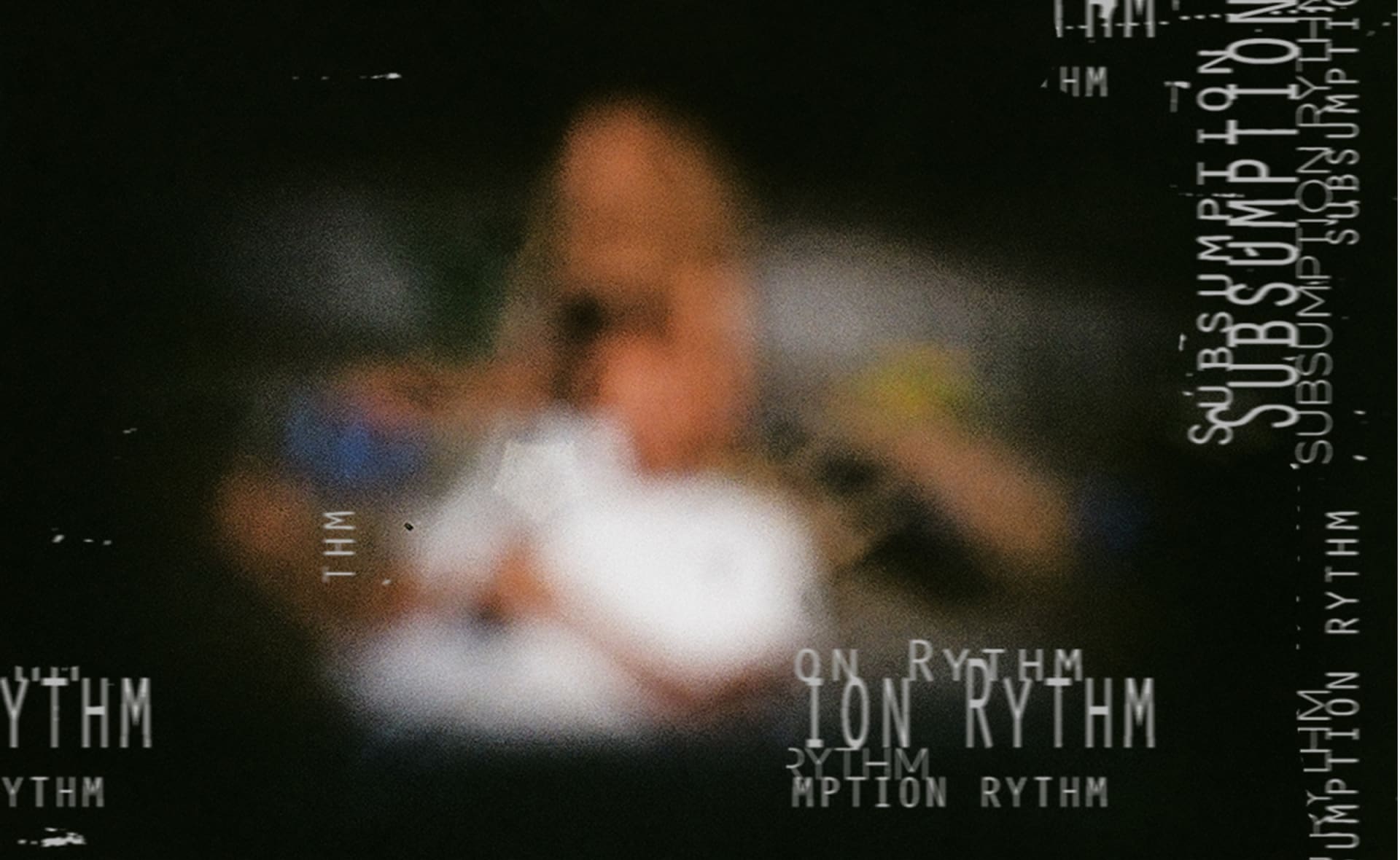
Kombé’s “Subsumption Rhythm” Is a Club Track for a Rave in Outerspace
The Somatic Rituals artist slingshots Pop Smoke samples and North African drums into an ambient otherworld.
In our newest content format, FWD Transmissions, we aim to support creatives in the aftermath of COVID-19 and to throw the spotlight on BIPOCs in the industry. Electronic Beats will commission a track from a producer and bespoke artwork from a visual artist, both to be debuted exclusively across our channels.
–
“Sonic Futurism doesn’t locate you in tradition, instead it dislocates you from origins,” writes British-Ghanaian music writer and theorist Kodwo Eshun in his seminal 1998 text, More Brilliant Than The Sun. In it, Eshun takes a bold approach, sampling, remixing and synthesizing language itself in an effort to shape the contours of the sounds that make up “Black Atlantic Futurism.” From experiments in jazz and hip-hop to dub, techno, and jungle, the past, present, and, most importantly, the future of what we know as Black music is hurtling forwards, backwards, inside and out at a pace far greater than genre or any other confining categorizations can keep up with. It is within this frame that Basel-based producer Kombé situates his sonic explorations.
-
Kombé - Subsumption Rhythm

His track “Subsumption Rhythm,” which takes its name from Eshun’s work, is a dance through outer space–a club track for a rave on the ISS–that bridges North African hand drums with a sample of the late Brooklyn drill king, Pop Smoke. The use of electronic effects, shuffling lasers, and sprinklings of distorted static liberate these samples from their roots. The former serves as a rhythmic heart while the latter’s gravelly baritone glides across the ethereal soundscape, edging along the trance-like groove and echoey sequences. At around the halfway mark, the kick drum, handclaps and a sound akin to a muzzled engine revving up, send the track to new energetic heights, all while maintaining its ambient otherworldly sensibilities.
The track’s artwork, crafted by Belgian-Rwandan graphic designer Kim Coussée, is based on a photo taken by Kombé. Coussée was additionally prompted by Eshun’s text and the “synthetic percussion, repetition, and abstraction” she gleaned from the music to emphasize the original photo’s lack of focus in a way that renders the image amorphous and recondite. The warm hues of the source material are accentuated through the blur, evoking the softness of watercolor. The deep black background gives the feel of something unknown floating through an endless galaxy, while the track name, repeated, broken up, and layered across the visual has seemingly been repurposed into a kind of code.

Kombé was inspired by the work of modal jazz pioneer George Russell. A tip from a recent read of Eshun’s book led Kombé to Russell’s 1969 composition, Electronic Sonata For Souls Loved By Nature, in which Russell combines jazz, electronic music and global music samples including field recordings from Uganda and a Ghanaian drum choir. This collage-like approach was particularly attractive to Kombé as it allowed him to play with a number of different sounds. The only constant had to be the rhythm, “I can make dubstep tunes, basic tunes or techno tunes but everything always has to have a sense of tribal rhythm or tribal grooves,” he asserts. This unwavering commitment was developed in tandem with close friend and label mate Mukuna, whose earlier contribution to this series is grounded in a traditional Congolese polyrhythm.
Born to a Swiss mother and a Kenyan father of Somali descent, Kombé grew up somewhat of an anomaly in Basel, a place he describes as “pretty white.” As he began partying as a teenager, the alienation of a whitewashed techno scene was broken up by the discovery of French DJ and producer Bambounou and the Paris crew CleckClekBoom. It made a big difference to see someone “who looks like you doing music. Through them I discovered the whole history of techno,” he recalls. From there, he and his two best friends, fellow musicians from similar backgrounds, co-founded the label Somatic Rituals in 2017 as a way to carve out their own lane in a scene that they found to be rigid and lacking in diversity. They aimed to be “more disruptive.”
Over the years this has meant more than eschewing the monotony of purist DJs and includes creating and sustaining space for their community. Earlier this month they threw an exclusive event for BIPOC in Basel that inspired Kombé to hope for a future that not only sounds but looks bright: “It was such a beautiful thing to have this space and to see what it does to people. I [want] that for everybody.”

Jessica Kariisa is a freelance writer and editor based between New York and North Carolina. You can find her at jessicakariisa.com.
Published August 28, 2020. Words by Jessica Kariisa, photos by Kim Coussée.
